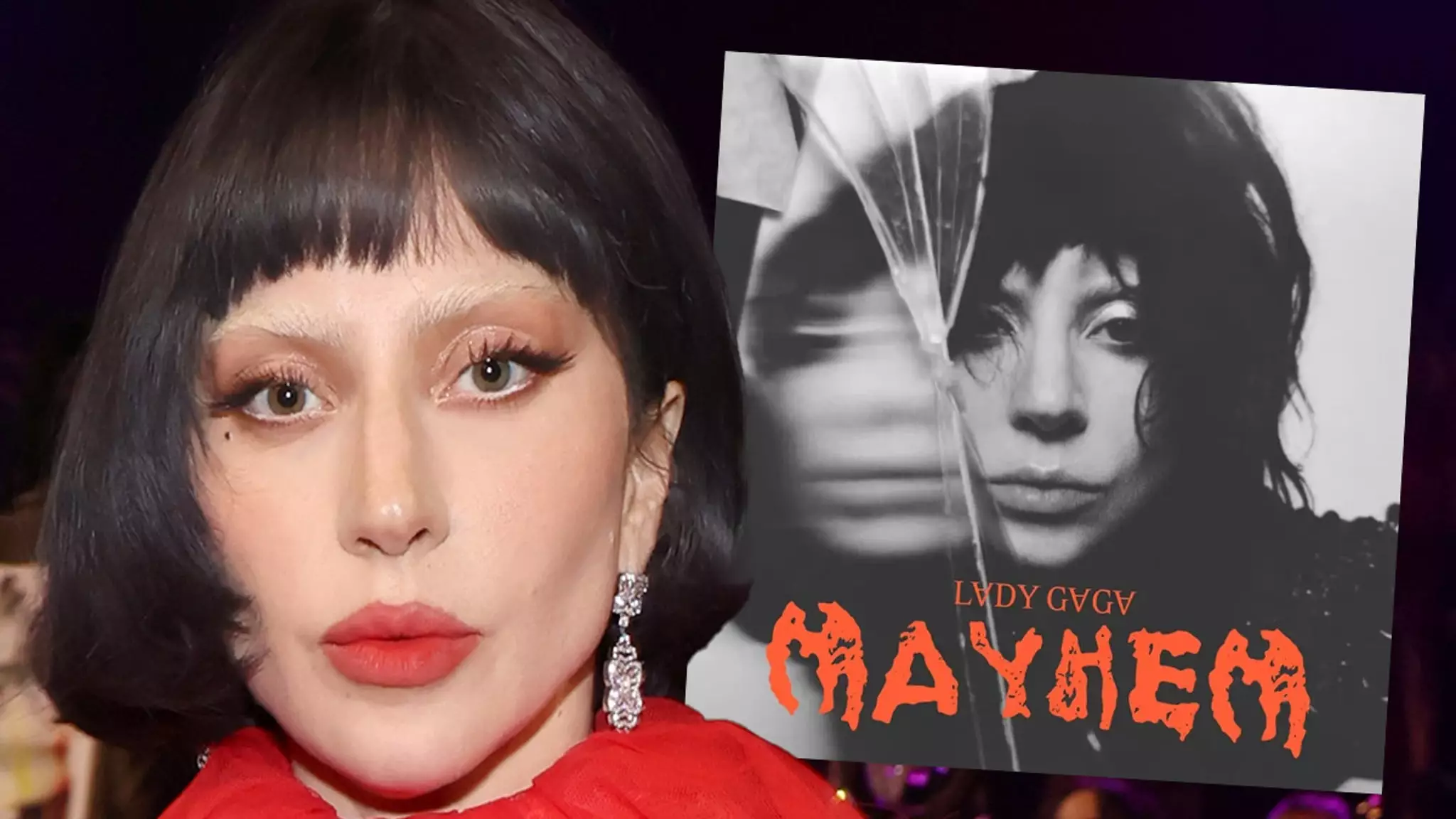In a twist that illustrates the intersection of music, branding, and intellectual property, pop icon Lady Gaga finds herself facing a lawsuit from the surfboard brand Lost International. This legal confrontation centers around the claim that Gaga’s latest album, titled “Mayhem,” infringes on the trademark of Lost’s distinctive logo, which has been used on surfboards and merchandise for over a decade. While it seems ironic for a musical superstar to get embroiled in such a lawsuit, this case raises crucial questions about originality, artistic license, and the complexities of trademark laws.
Examining the Allegations
Lost International is asserting that the visual identity of Gaga’s “Mayhem” album is alarmingly similar to their own logo, which they’ve developed since 2015. According to the lawsuit, the surf brand argues that Gaga’s design is not only inspired but rather a direct copy of their own artistic work. The brand claims they attempted to address their concerns with Gaga’s team before resorting to legal action, a step that underscores the serious implications of copyright and trademark infringement in creative industries. The surf brand’s argument rests on the assertion that the music market and surf culture might occasionally overlap, thus enforcing the importance of recognizing distinctive identities in branding.
Implications for Creative Freedom
This situation invites critical contemplation on the relationship between artistic expression and legal rights. Lady Gaga, a figure synonymous with reinvention and bold artistic choices, is now confronted with the notion that her creativity might have strayed too close to the proprietary elements of another brand. How does one navigate the blurry boundaries between inspiration and imitation? In a world where art and commercial branding often fuse, the potential for conflict is not merely a possibility but a palpable reality. The lawsuit might seem trivial at first glance, but its ramifications could potentially chill creativity within the music industry, prompting artists to tread lightly in their pursuit of unique expression.
The Role of Celebrity Culture
Gaga’s camp has yet to respond to the lawsuit, leaving the public in suspense about how the situation might unfold. The absence of a statement creates a vacuum where speculation reigns. As a pop culture figure, Gaga embodies the spirit of rebellion and individualism—traits that could be stifled if the courts uphold Lost International’s claims. Moreover, the case propels an ongoing dialogue about how celebrities must navigate a landscape that is increasingly fraught with legal complexities regarding personal branding. Given Gaga’s influence and massive fan base, how her legal troubles affect her public persona remains to be seen.
The Price of Innovation
At stake in this lawsuit is more than just a logo; it represents a battleground over the ownership of creative ideas and the struggle of independent brands to protect their identity in a world dominated by celebrity culture. As the legal back-and-forth unfolds, it raises fundamental questions about the nature of artistic innovation and the vital protection of intellectual property. Could it be that the lines we draw around originality are becoming blurred in an age when every idea seems to echo another? Lady Gaga’s case against Lost International serves as a poignant reminder that in the creative sectors, the fight for identity and recognition can be as high stakes as the music and entertainment themselves.

